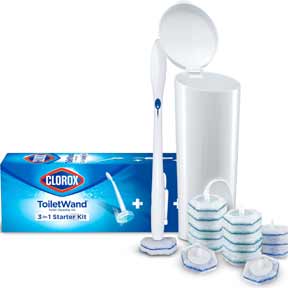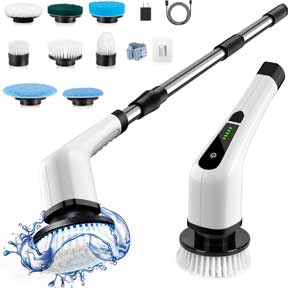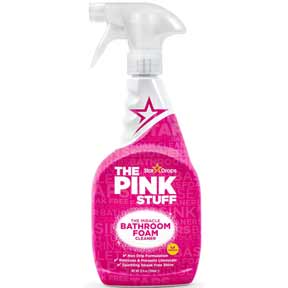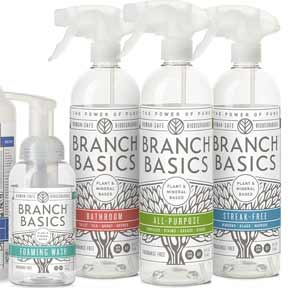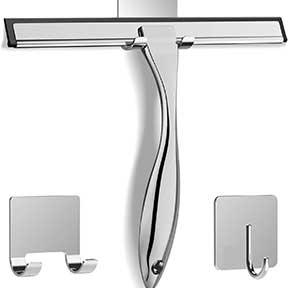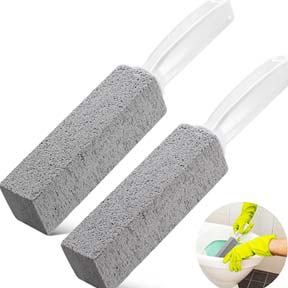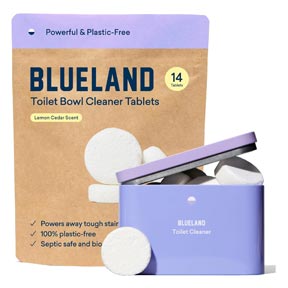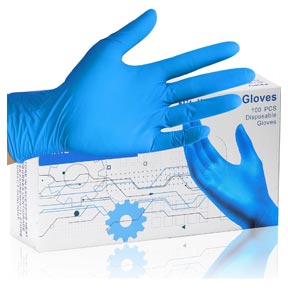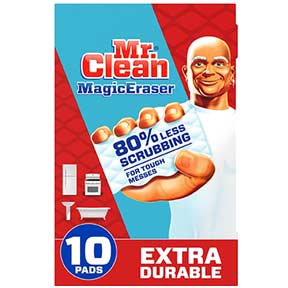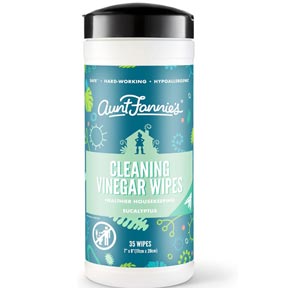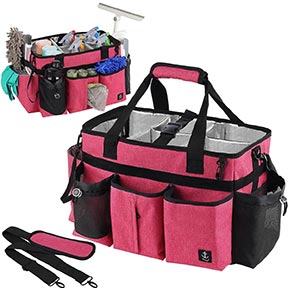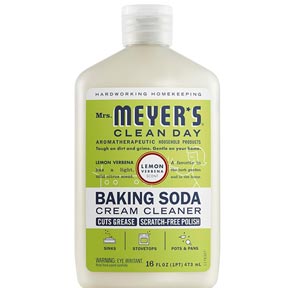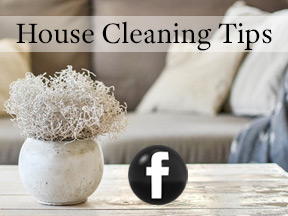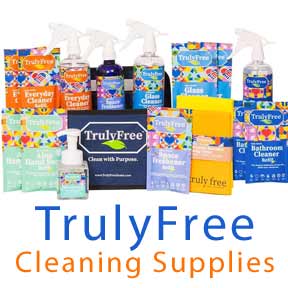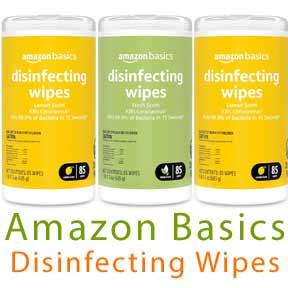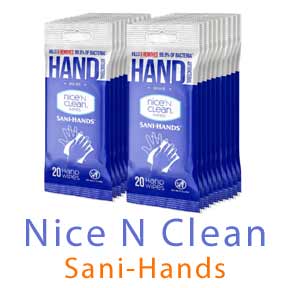Cleaning and Removing Grout Stains
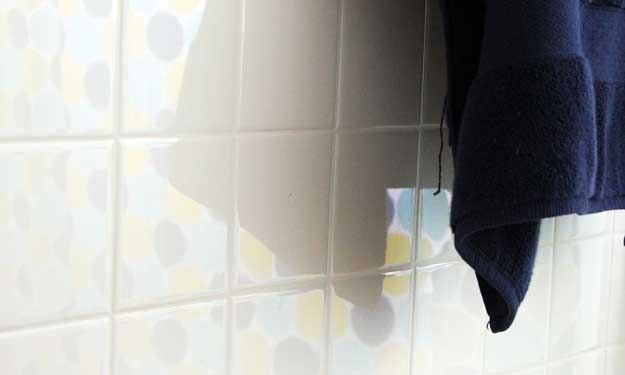
How to Clean and Remove Grout Stains.
Cleaning and Removing Stains from Grout
Grout stains are the hidden secret behind many a fancy shower curtain. It’s a bit like “The Wizard of Oz” – “pay no attention to the man… er, mold… behind the curtain.” That’s just a bit of humor, but, of course cleaning and removing stains from grout is a good thing to know. I’ve noticed dirt, grime, mold, or mildew creeping into my grout, and I didn’t relish the idea of tackling it. Cleaning grout is tedious and physically demanding – think sore knees, backs, necks, and more. (Thankfully, I have older kids to help out!) But what can you do when your grout has seen better days? Don’t worry! I’ve got tips to help you clean your grout, no matter where it is or what type of stain you’re dealing with. Let’s get to work!Safety First
When cleaning grout, you’ll be working close to both the grout and the cleaning solutions, so make sure to protect yourself. Safety goggles are a must, especially when using an old toothbrush or soft bristle brush to scrub. Cleaning solutions can splatter and you don’t want any in your eyes!Start with the Basics
Before you dive in, there are two key things to consider to make sure you’re treating both the grout and the tile correctly:- What type of grout do you have?
- What type of tile do you have?
Types of Grout
Grout is the gritty substance between your tiles, usually found in kitchens and bathrooms. It’s made from water, cement, sand, and other binders, and sometimes it’s tinted for color.Cement Grout
This type of grout is porous and prone to staining, especially if it’s sand-based. Cement grout needs to be sealed every six months to resist stains and water.Epoxy Grout
A resin-based grout that repels liquids, making it resistant to mold and mildew. It doesn’t need sealing and is often used in kitchens and bathrooms.Types of Tile
It’s tough to clean grout without also getting the cleaning solution on the tile. But be cautious—some cleaners can damage tile permanently.Ceramic Tiles
Most ceramic tiles can be safely cleaned with a mild solution of dishwashing liquid and warm water. They’re sturdy, but harsh chemicals can dull their shine over time. Always rinse thoroughly.Natural Stone or Marble Tiles
Natural stone like marble can’t handle strong cleaners like vinegar, bleach, or acids. These solutions can etch or discolor stone surfaces, so always consult the manufacturer before cleaning.Vinegar as a Cleaner
White vinegar is a fantastic all-purpose cleaner—it disinfects, deodorizes, and breaks up surface stains and soap scum. However, if your shower or tiles are made from natural stone, marble, or granite, avoid using vinegar, as it can cause damage. For ceramic tiles and colored or white grout, mix:- 1 cup vinegar
- 1 cup warm water
- 1 tablespoon dishwashing liquid
Cleaning with Bleach
Bleach is another popular option for cleaning grout, especially white grout, as it effectively removes stains and sanitizes. However, avoid using bleach on colored grout, as it can lighten it. Mix:- 1 cup bleach
- 3 cups water
- 1 teaspoon dishwashing liquid
Recoloring Grout
If cleaning doesn’t restore your grout’s original color, you can recolor it. After cleaning, apply a grout colorant, let it dry for about a day, and use a nylon mesh pad to remove excess color from the tiles. This can brighten grout or give it a whole new hue, with results lasting up to 15 years. Grout recoloring kits are available at home improvement stores like Lowe’s or Home Depot. And if DIY isn’t your style, consider hiring a professional tile cleaner.Bathroom Cleaning
